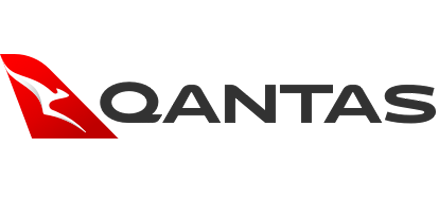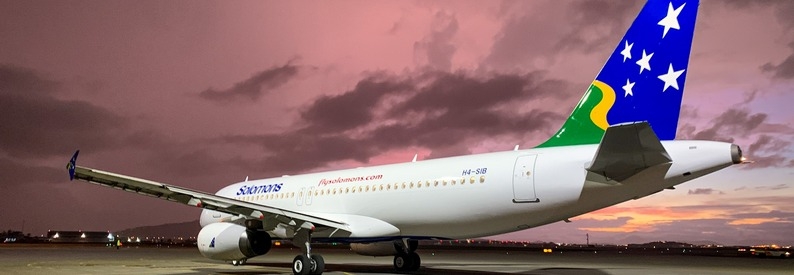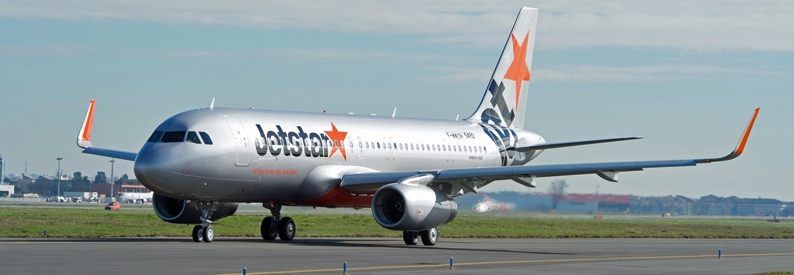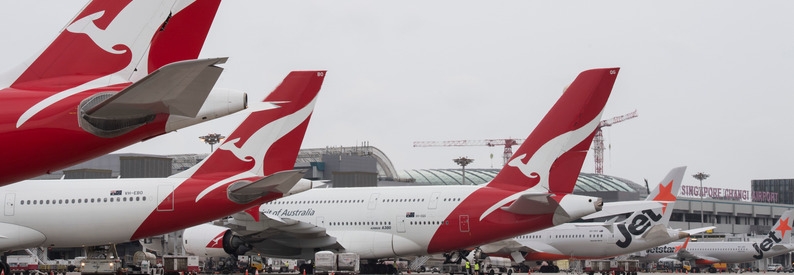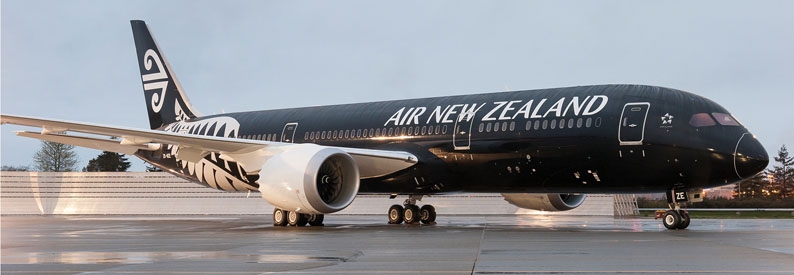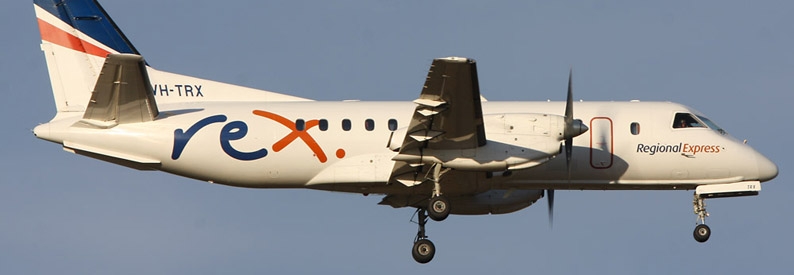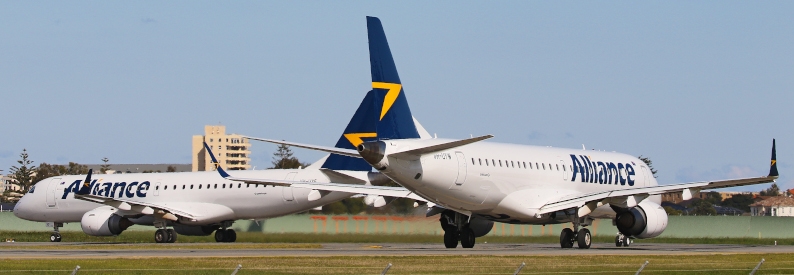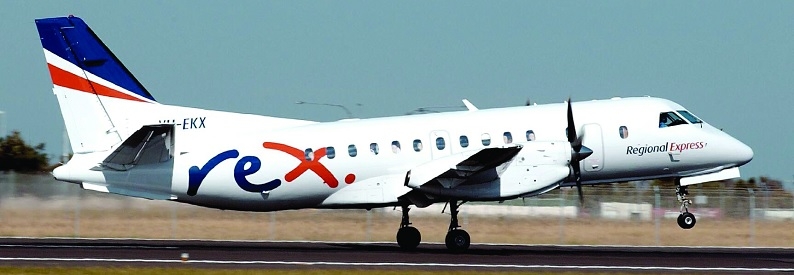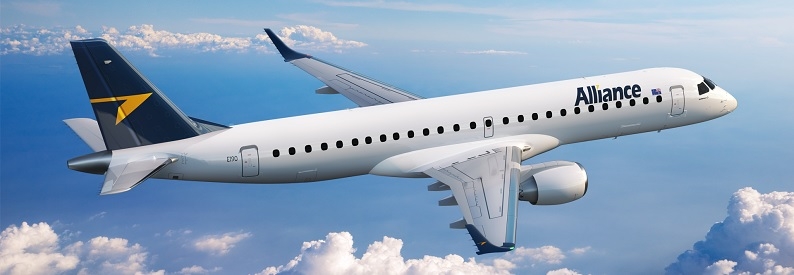Australian airlines have embraced the government’s AUD1.2 billion Australian dollar (USD930 million) stimulus package for the country’s aviation and tourism industry, which includes 800,000 half-price airline tickets, cheap loans for businesses, direct support to keep aircraft flying and airline workers employed.
Welcoming the lifeline, the Qantas Group and Virgin Australia (VA, Brisbane International) said it would be a major stimulus to help fast-track the recovery of domestic tourism and get international operations ready for take-off for when the country’s borders re-open. “The economic impact this will have cannot be underestimated. This is a once in a generation event that is going to give the entire tourism industry supply chain a significant boost, which it desperately needs,” said Virgin Australia Chief Executive Officer, Jayne Hrdlicka.
“In total, this package is a lifeline for the broader travel and tourism sector in Australia, just as it’s trying to get back on its feet. Ultimately, it’s an investment in an industry that has always been a huge driver of economic activity and will be again,” agreed Qantas Group Chief Executive Officer Alan Joyce.
The new stimulus package tops the government's AUD285 million (USD221 million) Airline Financial Relief Package which ran over six months from April 1, 2020, to September 30, 2020, in response to COVID-19.
Announcing the new support, Prime Minister Scott Morrison said Australia’s economy had recovered 85% from COVID-19. This package, combined with the country’s vaccine roll-out, was the next step in the government’s National Economic Recovery Plan to help industries and regions still struggling to get back to normal trading.
The stimulus package includes the following:
- A new Tourism Aviation Network Support (TANS) programme aimed at boosting frequencies and 50% fare reductions on 13 routes heavily reliant on tourism for the period April to September 30, 2021. Initial regions include Avalon, Kangaroo Island, Lasseter and Alice Springs, Merimbula, Launceston, Devonport and Burnie, the Gold Coast, Sunshine Coast, Tropical North Queensland (Cairns), Whitsundays and Mackay (Proserpine and Hamilton Island), Adelaide International, and Darwin.
Other new measures in the support package include:
- An International Aviation Support (IAS) programme, designed to maintain core capability and preserve jobs to ensure airlines will be able to quickly resume commercial international flights when international borders reopen. Qantas and Virgin Australia will be eligible for the funding. The amount that each airline will receive will be proportionate to the scale of their pre-COVID international passenger services. Funding will be provided through an up-front monthly payment, with each airline required to provide monthly assurances it is maintaining the agreed level of international capability. The initiative will deliver AUD200 million (USD155.3 million) between April and October 2021.
- The Domestic Airports Security Costs Support (DASCS) programme will run over six months from March 29 to September 30, 2021. It will provide financial assistance to eligible domestic airports to meet mandated security screening costs.
- An AUD66 million (USD51.3 million) Regional Airports Screening Infrastructure (RASI) programme will assist regional airports with the minimum necessary capital and initial operating costs of complying with enhanced security screening requirements.
- A new six-month Aviation Services Assistance Support Programme will help ground-handling companies meet the costs of mandatory training, certification, and accreditation to ensure they maintain their workforces.
The government also extended the following programmes to September 30, 2021:
- Domestic Aviation Network Support (DANS) will continue to provide shortfall subsidies to four domestic commercial airlines to operate flights on top 50 domestic routes.
- Regional Airline Network Support (RANS) will continue to underwrite airlines to maintain a basic level of connectivity across their network of regional routes on a shortfall subsidy basis.
- The Air Services Waiver scheme provides a 50% reduction in domestic air service charges.
Meanwhile, Qantas (QF, Sydney Kingsford Smith) and its subsidiary Jetstar Airways (JQ, Melbourne Airport) announced they would release an estimated 550,000 discounted fares to targeted markets. The Group said the stimulus package would enable Qantas, QantasLink, and Jetstar to:
- Offer up to 32,000 fares per week discounted by 50% of median prices;
- Keep up to 7,500 employees in international operations employed;
- Deliver essential, paid training for pilots, cabin crew, and engineers and bring idle aircraft back to service in preparation for international flying to return;
- Maintain key transport links on routes that otherwise would not be commercially viable;
- Continue to deliver repatriation flights on behalf of the government.
Qantas and Jetstar revealed they operated at about 60% of their pre-COVID levels domestically during the third quarter of this financial year and projected this would increase to around 80% in the fourth quarter. The Qantas Group tagged at least 8,500 job losses due to COVID, about a third of its workforce. It's three-year restructuring programme continued due to the financial realities associated with AUD11 billion (USD8.5 billion) in lost revenue since the start of the pandemic. Virgin Australia currently was operating at around 50% of pre-pandemic capacity and expected to reach roughly 70 % of pre-COVID capacity by the Easter break.
- Type
- Base
- Aircraft
- Destinations
- Routes
- Daily Flights
